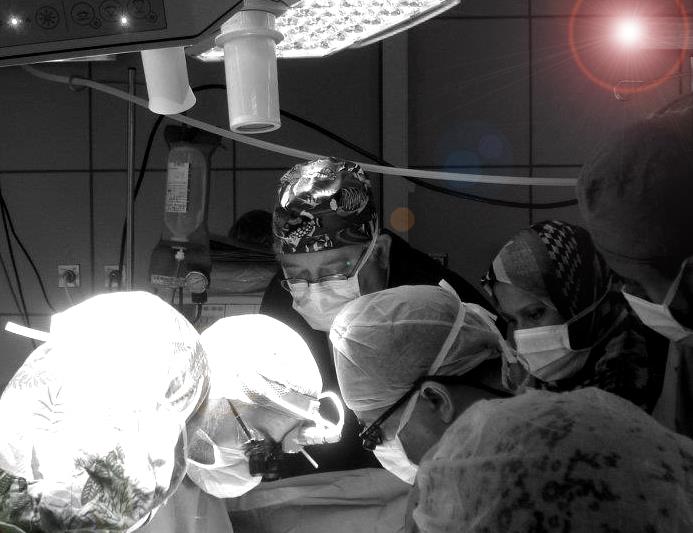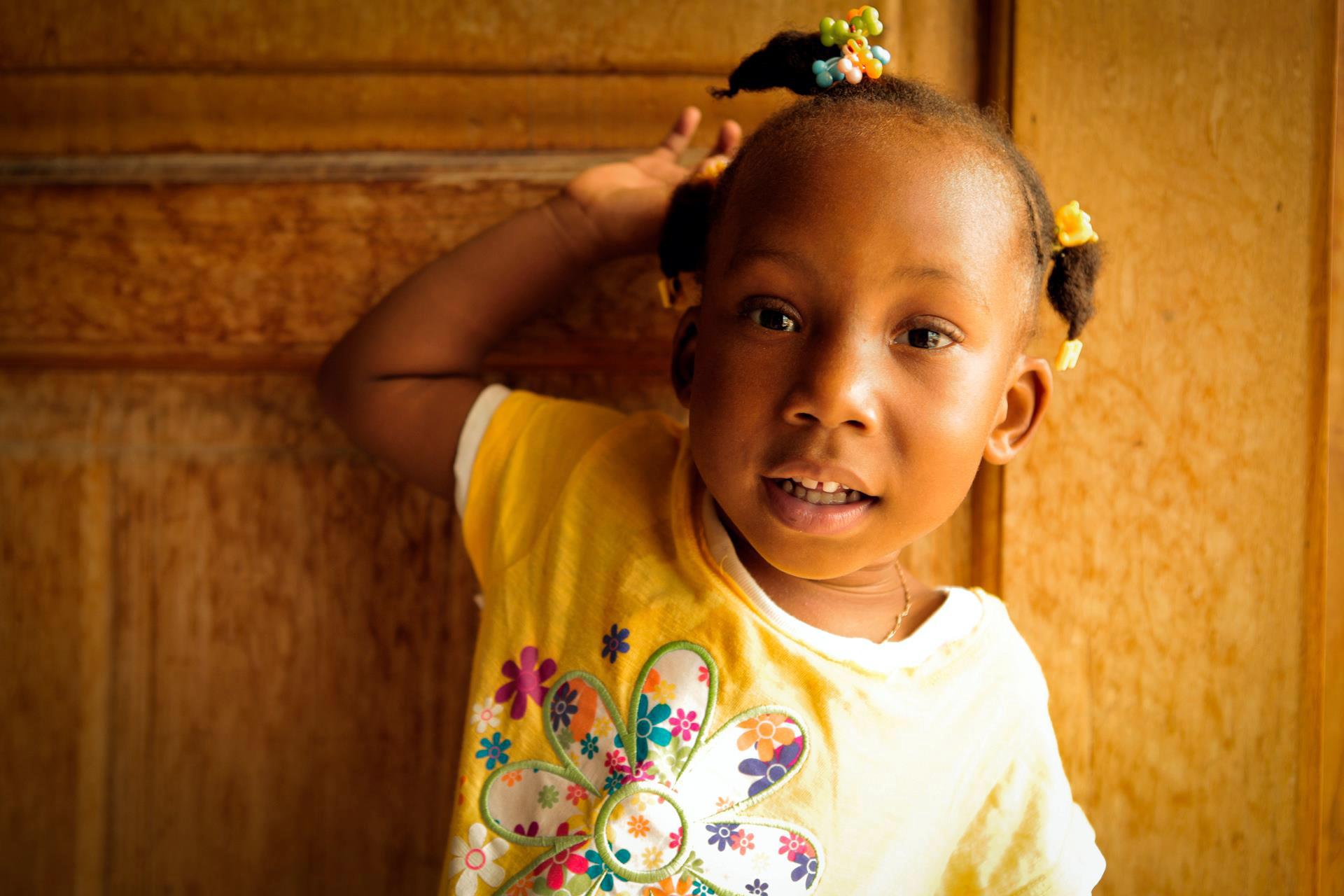Babies Deserve More Than One Day of Life

“I told them that if we did not employ a form of ECMO in the next few minutes the child would die.”
Editor’s Note:
This post impressed me quite a bit, so thank you Dr. Novick, and Brian Forsberg, for doing what you guys do out there in Iraq right now- very impressive work and personal courage in my opinion.
Babies Deserve More Than One Day of Life
The following is an editorial written by Dr. William Novick, published in Memphis’ Commercial Appeal May 31, 2013
I have performed cardiac surgery on more than 6,000 children in 31 countries on every continent except Australia and Antarctica. In 2013, we have set our sights high, with plans to do 1,000 surgeries on 40 trips to 15 countries.
Every year, 1.8 million children are born with congenital heart defects. My Heart Foundation strives to address this problem by getting care to as many children as possible, sending supplies and surgical teams around the world and training local surgeons and medical staff so they can care for their own people.
But you don’t have to be a cardiac surgeon to save children’s lives. The Save the Children organization estimated this month in its report “State of the World’s Mothers” that 1 million babies die on the f irst day of life. Most of these deaths are a result of far less complicated health issues than heart defects, and with much cheaper solutions.
For children around the world, the first day is the most dangerous day of life. Babies in our own communities in the United States are not immune from these dangers. Every year, 11,300 American mothers lose their babies the day they give birth. Although the risks are not as high as in many developing countries, the U. S. has the worst first-day death rate among industrialized nations, at 2.6 deaths per 1,000 live births. Tennessee’s first-day death rate, 2.8 deaths per 1,000 live births, is close to the national average, while Shelby County has struggled with numbers almost twice as high — 5.5 deaths per 1,000 live births.
Shelby County’s efforts to address infant mortality are starting to pay off, and these efforts must continue if more babies are to survive their very first day. As in many other parts of the world, these deaths are often related to poverty and lack of adequate prenatal care that result in preterm birth. However, here at home, they are almost never the result of lack of very basic care at birth itself. Whatever the reasons, avoidable newborn deaths are always unacceptable.
Through the efforts of many good people, global child deaths have declined from 12 million to 7 million annually since 1990. Until now, most of that progress has benefited children older than one month. Newborns continue to be the most vulnerable. But the world’s babies don’t have to die.
The average cost of the heart surgery performed by the Heart Foundation is $2,500, which is 91 percent less expensive than the average cost of a similar surgery in the United States ($ 30,000). But growing evidence shows the cost of preventing the deaths of babies on their first day of life is usually even cheaper. A basic antiseptic costing 25 cents can prevent deadly infections, and injectable antibiotics for $1 can treat them when they do occur. Steroid injections for women in preterm labor or basic resuscitation devices costing a few dollars can help babies breathe at birth.
I’m proud that our country is helping developing countries train health workers to deliver this kind of basic lifesaving care, which empowers local people to save the lives of mothers, babies and children for many years to come. Support for international development is less than 1 percent of the federal budget. I hope you’ll join me in supporting America’s continued leadership in maternal, child and newborn health. It could be the difference between life and death for a child. Dr. William M. Novick is a professor of surgery and international child health at the University of Tennessee Health Science Center. In April, he was one of nine Americans honored with a REAL Award, created by Save the Children and the Frontline Health Workers Coalition to develop greater respect and appreciation for health workers around the world.








